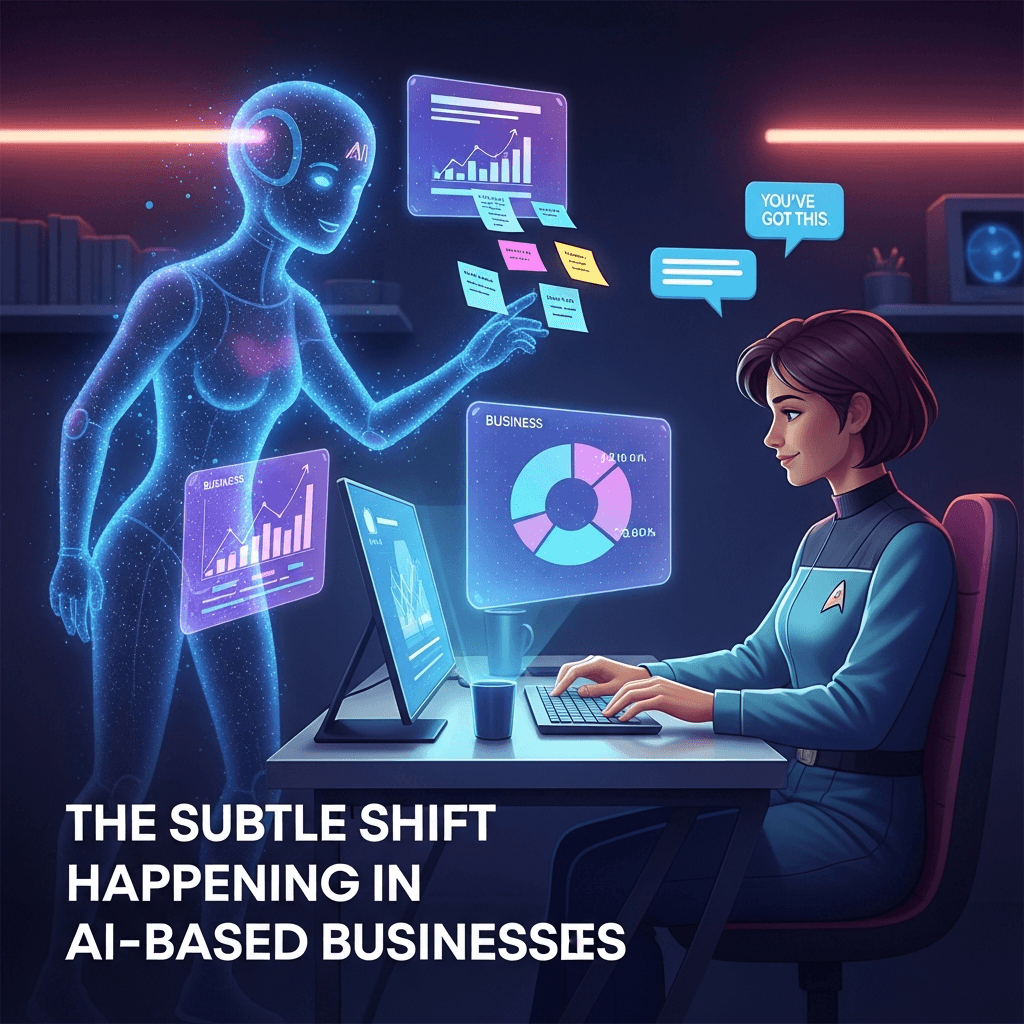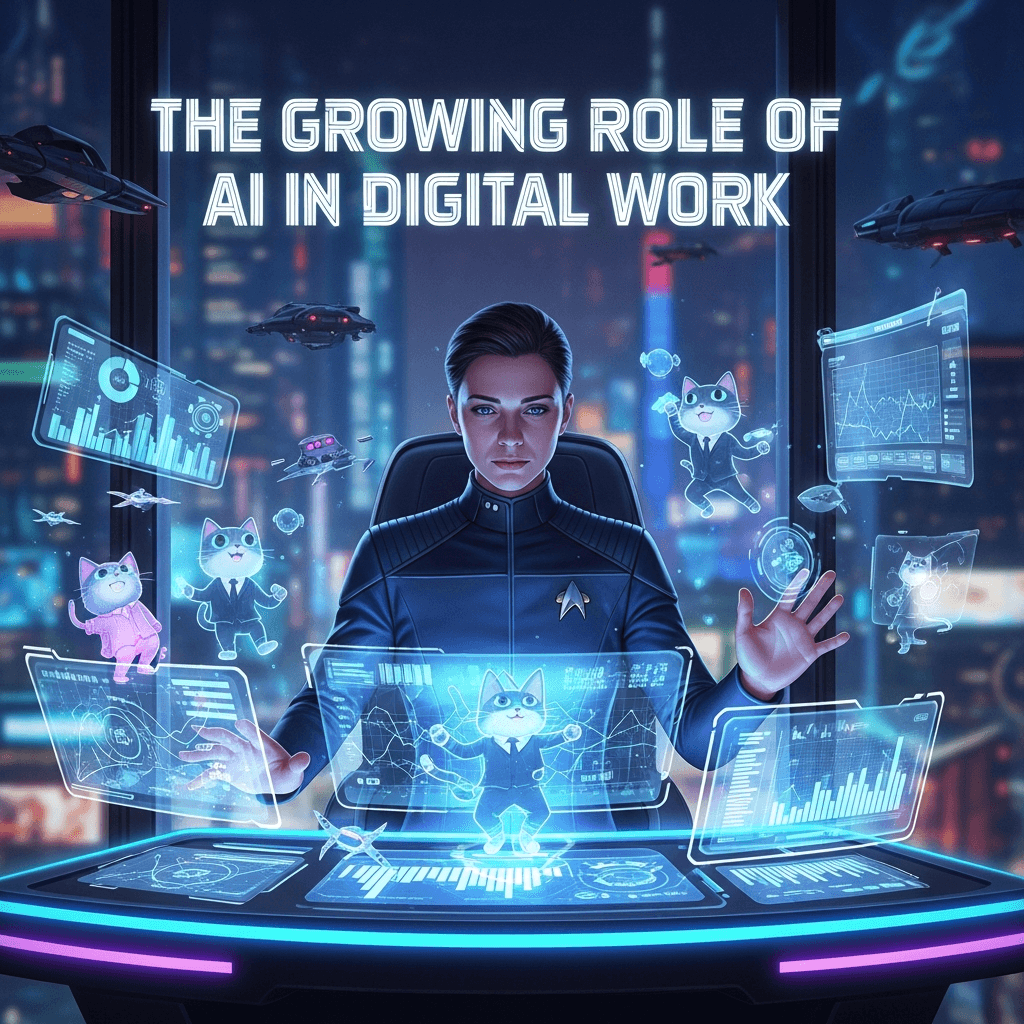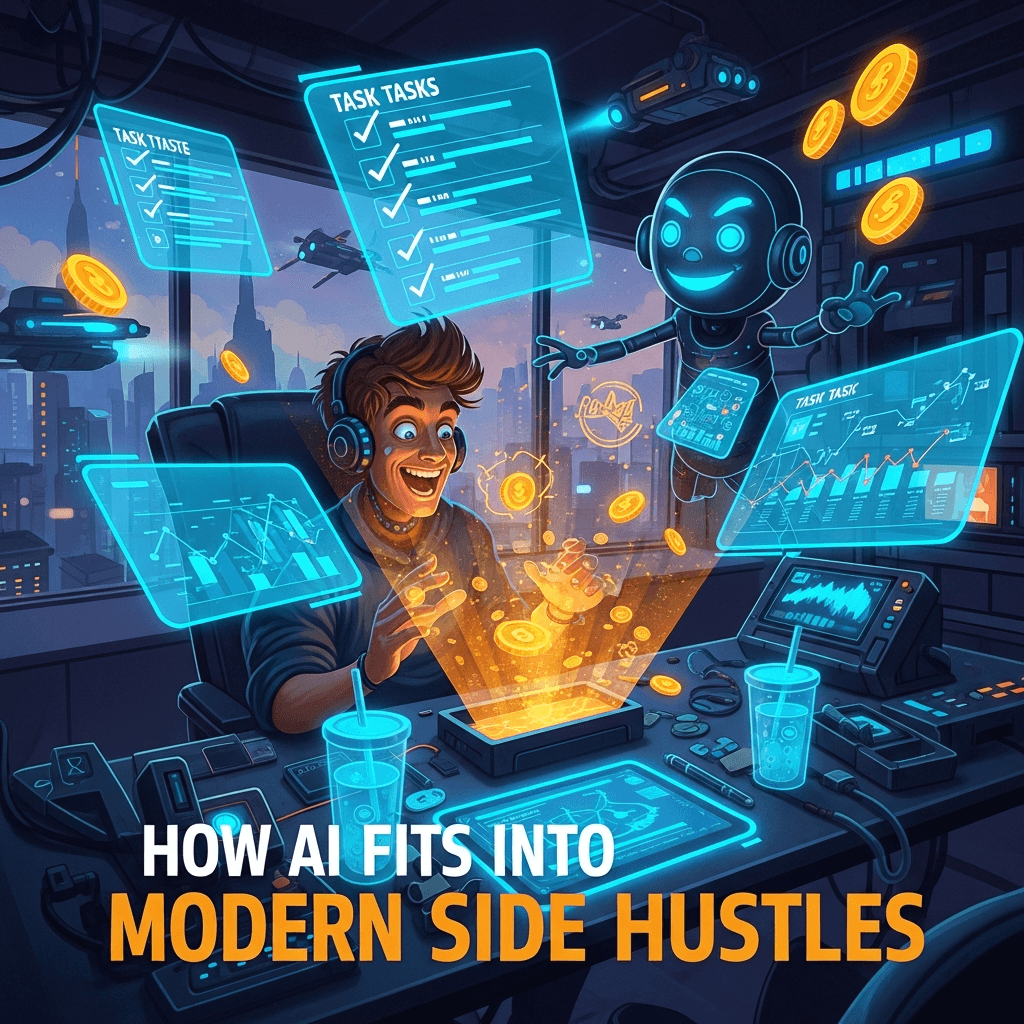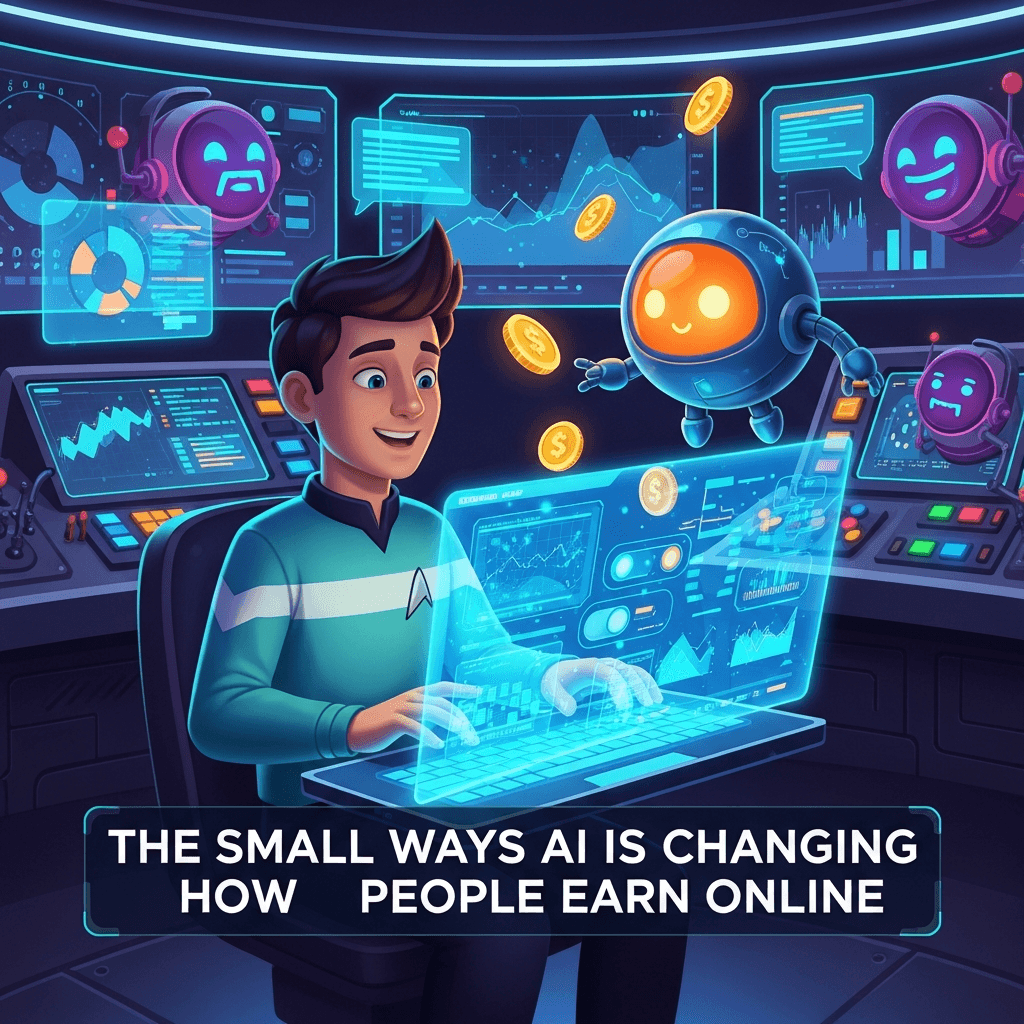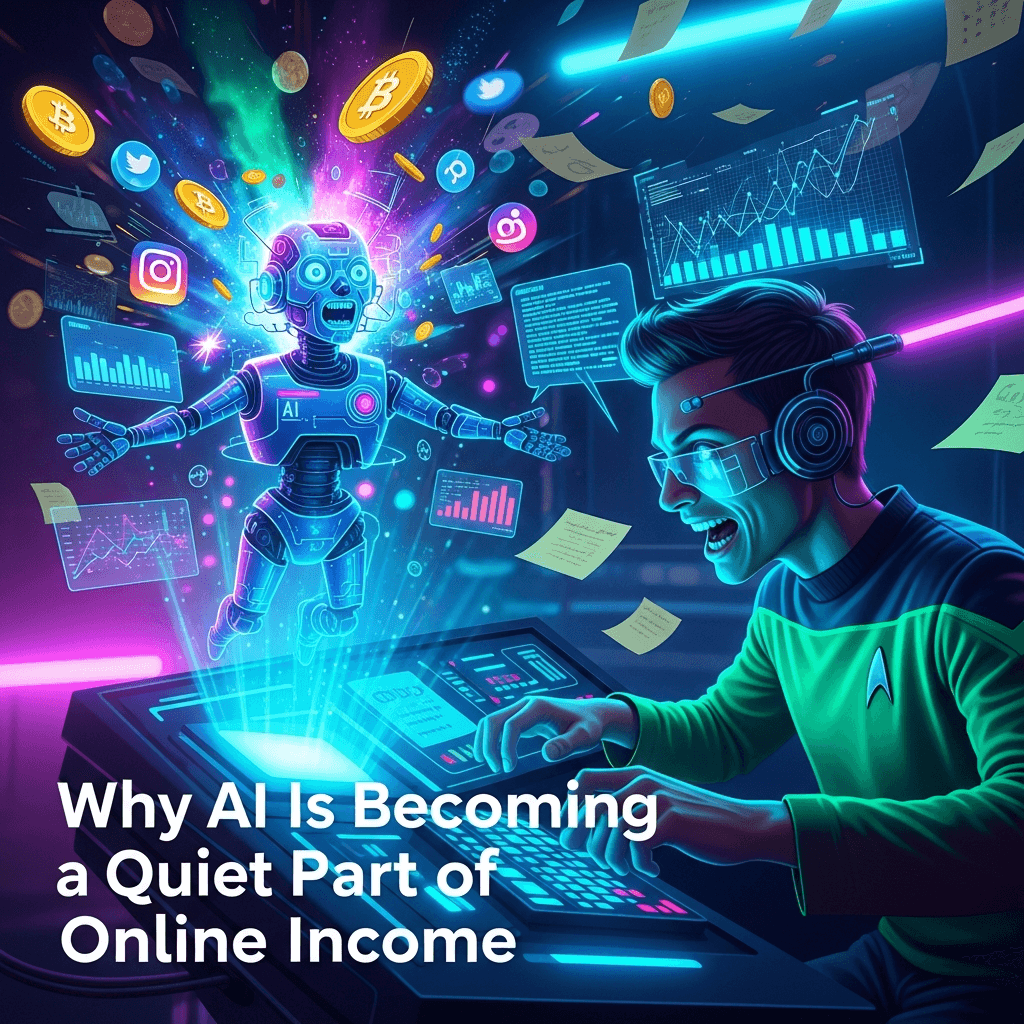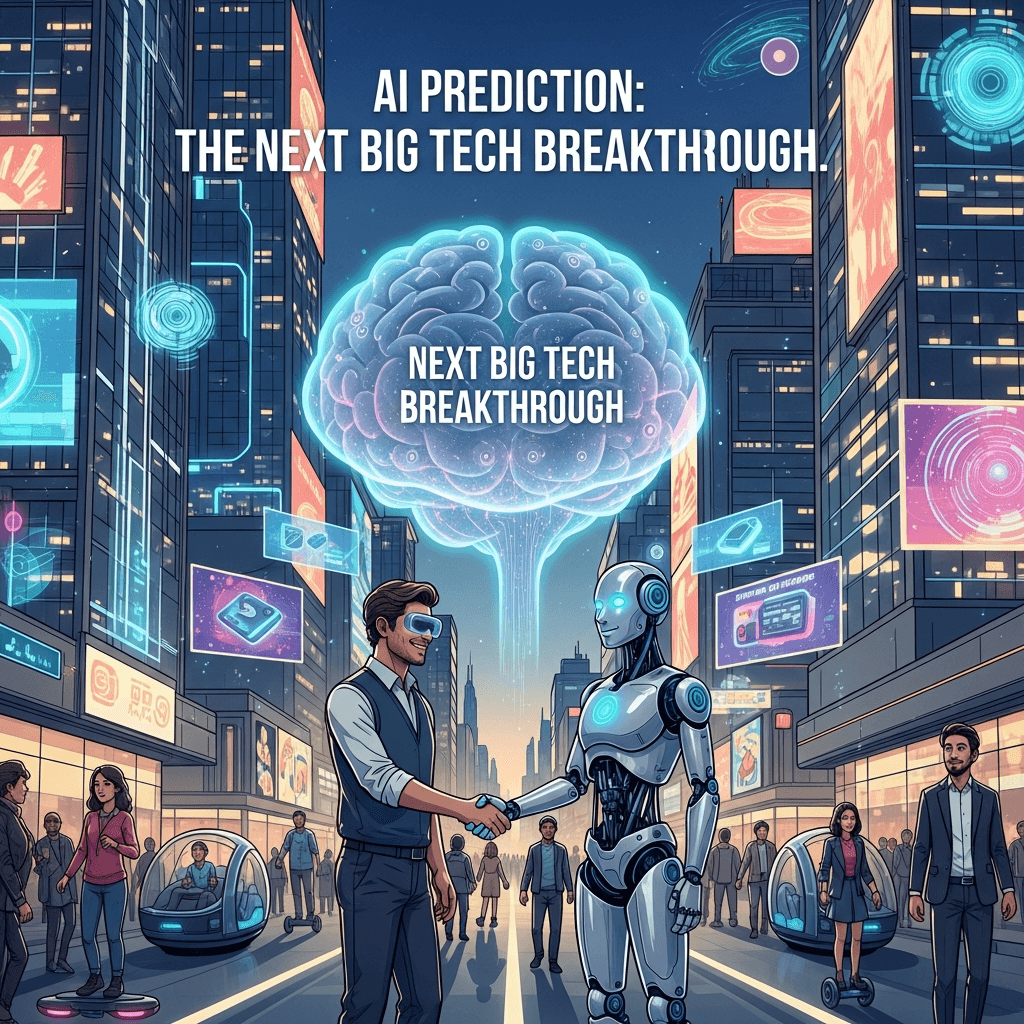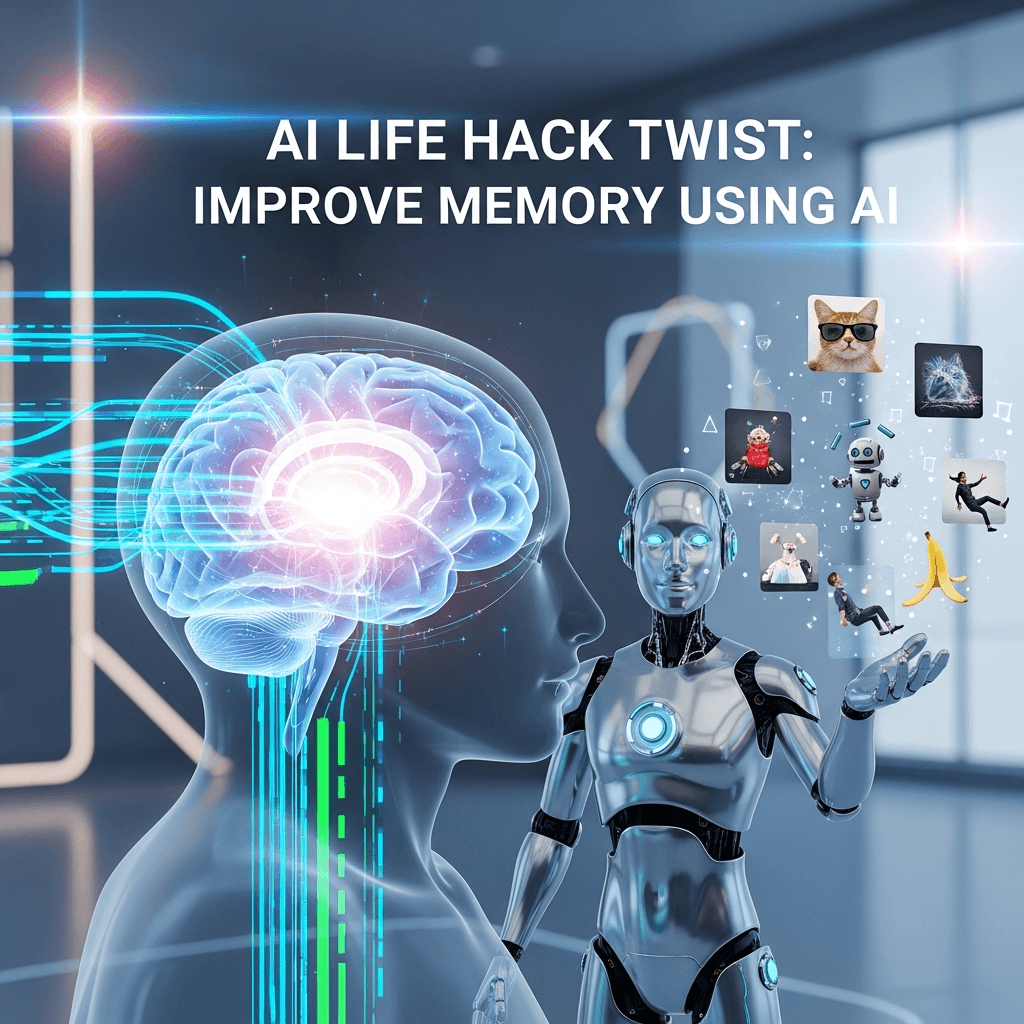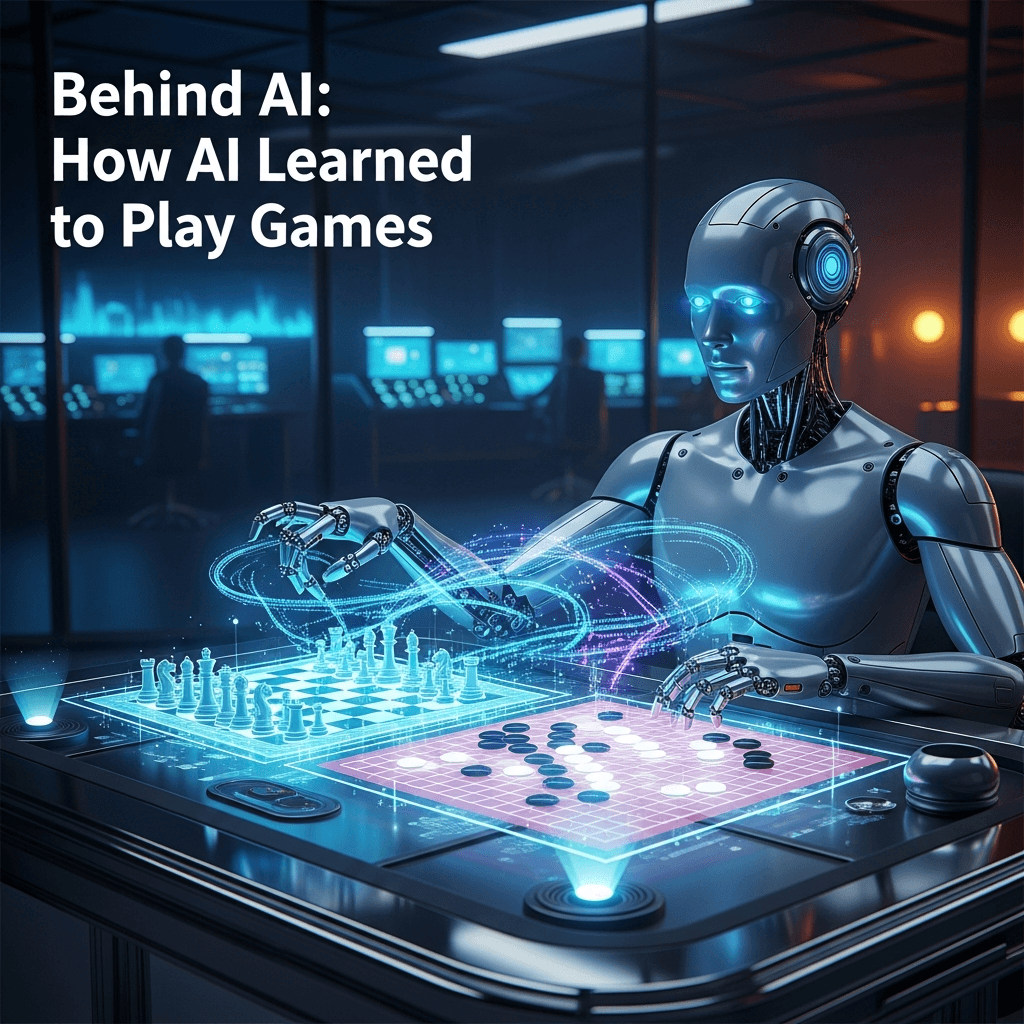AI is creeping into the legal system, from predicting criminal behavior to suggesting sentences. On paper, it sounds like a fair, data-driven way to deliver justice. But what happens when algorithms get it wrong—or worse, inherit bias? Can we really trust machines to play judge, jury, and executioner?
Introduction
Picture this: you’re in court, and instead of a human judge, a computer decides your fate. Sounds like sci-fi, right? Nope—it’s already happening in parts of the world. AI is analyzing cases, recommending bail, and even suggesting prison sentences. Justice by algorithm is no longer fantasy.
How AI Is Being Used in Law
- Risk assessment tools: Predict the likelihood of reoffending.
- Sentencing recommendations: Algorithms suggest how long someone should serve.
- Case analysis: AI helps lawyers sift through massive amounts of legal documents.
- Predictive justice: Some systems claim to forecast the outcome of trials.
The idea? Faster, more “objective” justice.
The Case for AI in Courtrooms
Supporters argue:
- It reduces human bias from tired, overworked judges.
- It speeds up the painfully slow justice system.
- It makes legal help more affordable with AI-driven research tools.
Sounds fair and efficient, right?
The Dark Side of AI Justice
Here’s the catch: algorithms are only as fair as the data they’re trained on. And guess what? The justice system already has decades of biased data.
- Biased predictions: Studies show AI often flags minorities as “high risk” more often than whites.
- Opaque systems: Defendants can’t even challenge how the AI made its decision—it’s a black box.
- Accountability gap: If an algorithm screws up, who’s responsible? The programmer? The judge who relied on it? Nobody knows.
Real-Life Examples
- In the U.S., AI risk assessment tools have been accused of being racially biased.
- China is experimenting with AI judges for small cases.
- Estonia even announced plans for “robot judges” for civil disputes.
Scary thought: someday, “your honor” might actually be “your algorithm.”
Why This Matters to Everyone
Justice isn’t just about laws—it’s about fairness, empathy, and context. AI doesn’t understand nuance. It doesn’t see the bigger picture. It doesn’t care if someone had a rough childhood or if circumstances shaped their choices.
How to Keep AI in Check
- Transparency: Algorithms in justice should be open for review.
- Human oversight: AI can assist, but final decisions must be human.
- Bias audits: Regular checks to ensure fairness.
- Ethical guardrails: Laws must evolve as fast as the tech.
Bottom Line
AI in courtrooms might make things faster, but justice isn’t about speed—it’s about fairness. At the end of the day, algorithms can help judges, but they should never replace them. Because the last thing we need is a justice system where your future depends on a machine’s math.


